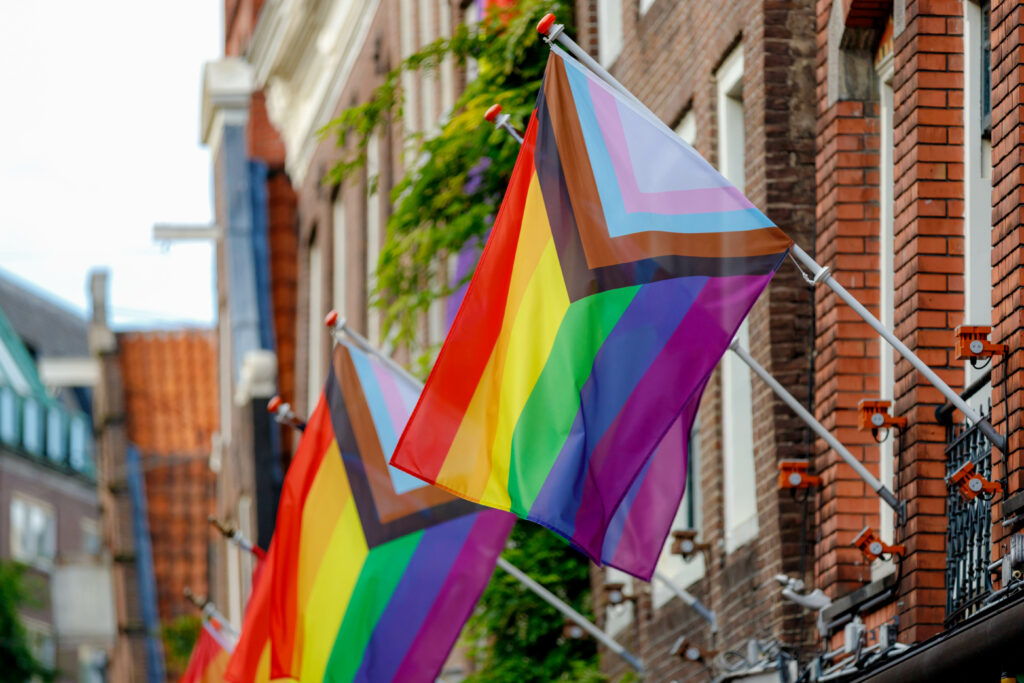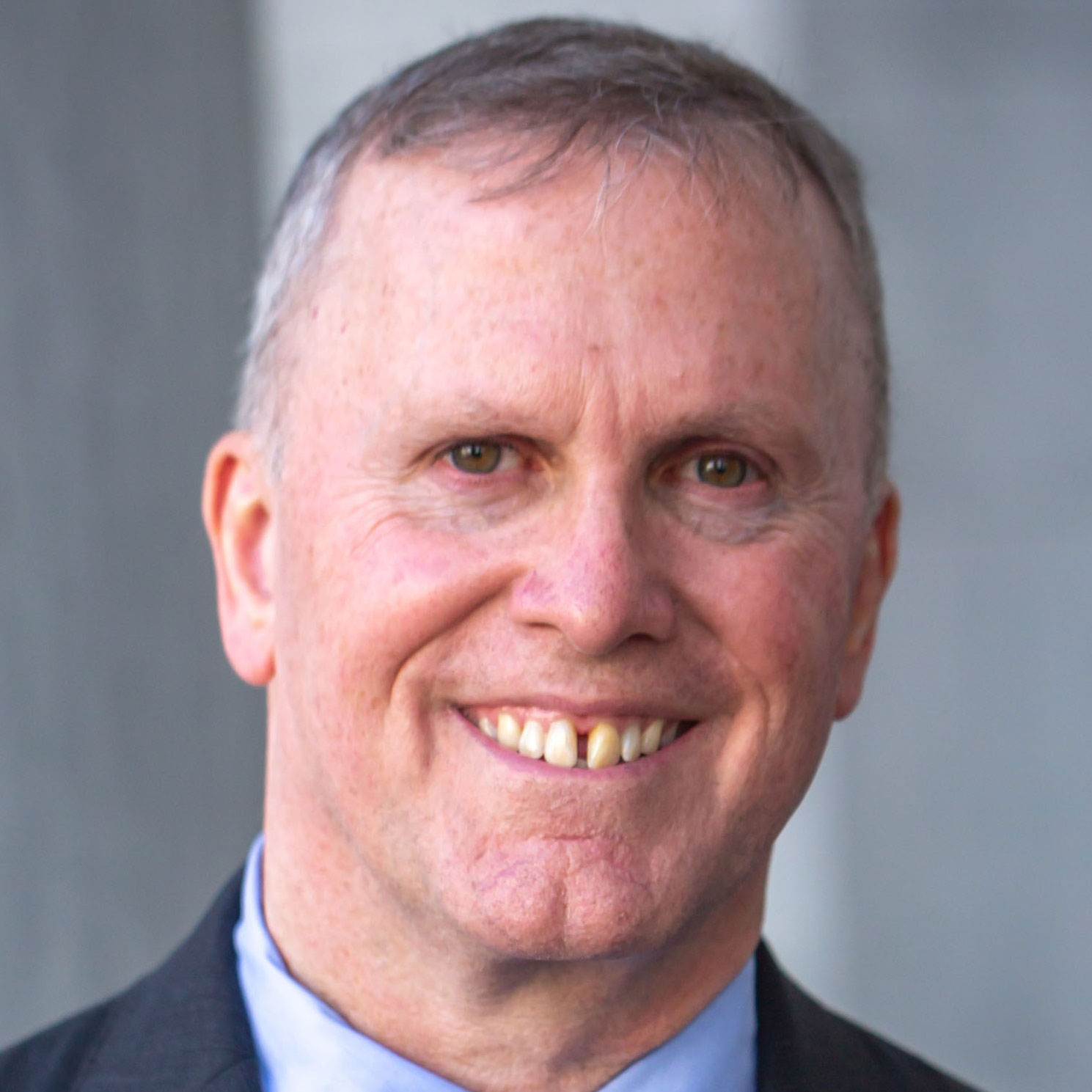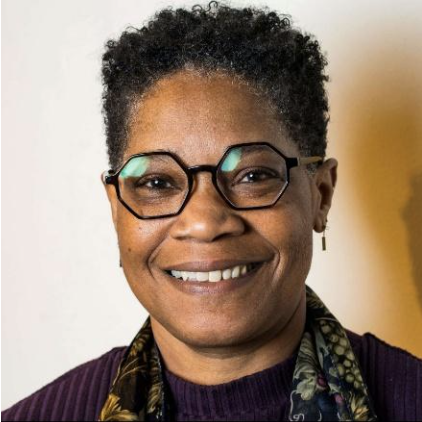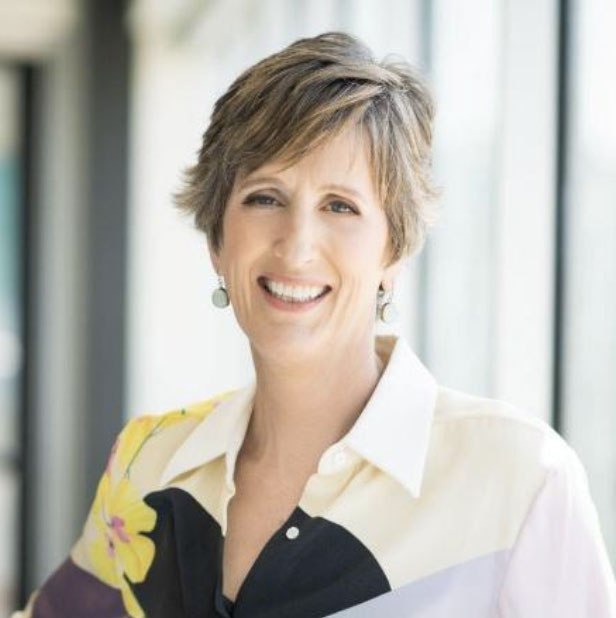Why This Initiative?
The impact of our longstanding lack of funds
The nonprofit organizations that advocate for and serve the LGBTQ community have always had to struggle to find sufficient financial resources. That has always limited how powerfully our movement can fight for our rights and how comprehensively we can meet our community’s many basic human needs. It has, in fact, long been clear that our communities need funding strategies that look beyond the next month or year alone.
Today that challenge is greater than ever, as we confront both the increased scapegoating of LGBTQ+ people—especially the most vulnerable—and, for many, major drops in funding. These more recent changes dramatically underscore the need for strategic investment in our organizations so that we can fight for, protect, house, and nurture LGBTQ+ people at both the national and local level for many years to come. And that means finding new ways to raise the funds we need.
The immense potential in legacy giving
 It’s not going to be easy to build those resources, and certainly we cannot rely on the government, corporations, or foundations to step in. However, there is an untapped and enormous source of potential financial support for the movement: legacy giving. Legacy giving, also known as planned giving, is a commitment to leave a gift to support an organization after passing. A vast transfer of wealth—through estates—is taking place in U.S. over the next 10-25 years. Several million LGBTQ people will be leaving their estates over this time. As described further below, the best available data indicates that LGBTQ will be leaving at least $270 million, and as much as $2.7 trillion to their heirs and to charitable causes. The NLLGI’s commitment is to bring as much of those resources to our movement and LGBTQ organizations around the country.
It’s not going to be easy to build those resources, and certainly we cannot rely on the government, corporations, or foundations to step in. However, there is an untapped and enormous source of potential financial support for the movement: legacy giving. Legacy giving, also known as planned giving, is a commitment to leave a gift to support an organization after passing. A vast transfer of wealth—through estates—is taking place in U.S. over the next 10-25 years. Several million LGBTQ people will be leaving their estates over this time. As described further below, the best available data indicates that LGBTQ will be leaving at least $270 million, and as much as $2.7 trillion to their heirs and to charitable causes. The NLLGI’s commitment is to bring as much of those resources to our movement and LGBTQ organizations around the country.
The great majority of legacy gifts go toward already well-endowed organizations, such as colleges, universities, hospitals, and large cultural institutions. Although a small number of more established LGBTQ+ groups have legacy giving programs, smaller and mid-sized nonprofits—and nearly all of those focused on transgender people and communities of color—are simply being left out of the equation. Over time, this can only exacerbate racial and economic inequities within and outside of the LGBTQ+ communities.
To counter this, we must focus on helping our community organizations begin actively securing legacy gifts, educate estate professionals to highlight this opportunity with clients, and raise awareness of the impact that LGBTQ+ individuals can have with their legacies.
We believe that leveraging this financial support to benefit vulnerable communities is not just possible, but essential to our future. It would be tragic—a major historical blunder—not to try.
The Impact of Legacy Giving

“Legacy gifts have made it possible for us to sustain essential operations during lean times—especially when foundation support becomes more programmatically restricted. They’ve also reminded us that LGBTQ+ people often seek meaningful ways to stay connected to community even beyond their lifetime. We have an obligation to make that invitation clear.
“Promoting legacy giving isn’t just smart—it’s sacred. For organizations just getting started, my advice is simple: don’t wait until your donors ask about it. Name it. Honor it. Make space for your community to imagine their legacy in the movement. You may be surprised by just how ready they are to say yes.”

“When someone includes Resource Center in their estate plans, they become part of our story in a permanent, honored way. One of the most transformational legacy gifts in our history came from a devoted board member during the early days of Resource Center—a time when our finances were tight and the future of the organization was uncertain. Even when others were unsure how we would keep the doors open, he would reassure everyone, saying, “It’s going to work out — you’ll see.” He and his partner passed away not long after from complications related to HIV, and they left an estate gift that paid the entire balance of the mortgage for our original community center. That gift of love laid the foundation for the work we do to this day. Their belief in us continues to ripple outward, decades later—impacting thousands of lives and reminding us of the power of one person’s legacy.”

